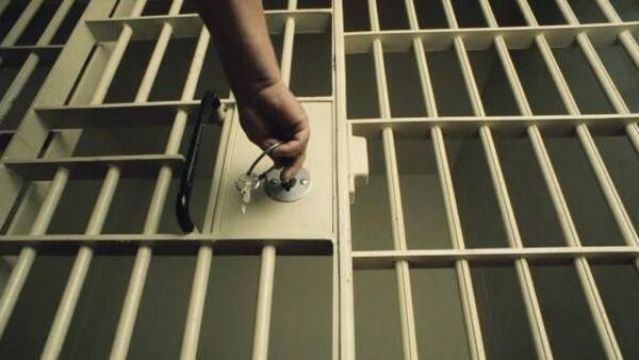By
A man who opened 17 different bank accounts using fake IDs as part of his illegal money laundering activities for an organised crime group has been jailed for three and a half years.
Gheorghe Gherge (35) of Dargle Road, Drumcondra, Dublin, pleaded guilty to two counts of using a false instrument and two counts of money laundering at various locations within the State on dates between June 2016 and April 2019.
He has two previous convictions from the UK for similar offences. He was extradited from the UK in 2021 after serving a sentence for those crimes and has been in custody ever since.
Detective Garda Stephen Kelly of the Garda National Economic Crime Bureau told Dublin Circuit Criminal Court at a hearing last week that in 2019 and 2020, gardaí were involved in a large-scale investigation of organised crime and money laundering.
As part of this investigation, a number of accounts connected to Gherghe were uncovered. Gardaí discovered that Gherghe had opened 17 different bank accounts between 2016 and 2019 under eight different names, using false identity documents.
Farm equipment
About €570,000 in funds that were received “as a result of criminal activity” came into these accounts, the court heard. This included a scheme whereby fraudsters set up a website purporting to sell farm equipment.
Victims of this fraud paid for items, such as €11,700 for a tractor, which they then never received, Eoghan Cole BL, prosecuting, told the court.
A total of €670,000 was laundered out of the accounts connected to Gherghe, with evidence he made a number of withdrawals, the court heard.
Judge Dara Hayes had adjourned the case having heard evidence last Friday.
Online fraud
On Monday, he described the crimes as “a serious offence committed in the context of serious criminality”.
He noted that due to our lives now being more concentrated online, particularly in relation to personal finance, “online fraud has become an enormous problem”.
He noted that these frauds have developed and have become sophisticated “to look like they come from trusted sources”.
Judge Hayes acknowledged that while Gherghe’s role was limited, “his actions facilitated these frauds”.
The judge said that Gherghe “was not a money mule” and therefore there was a “much greater level of culpability” in the case.
He also noted the “significant multiplicity” of the cases “over a sustained period” and the fact that Gherghe cannot but have known that it was a significant operation as he had “some degree of access to the accounts”.
Judge Hayes said Gherghe had “directly relevant previous convictions” before he said the case warranted a headline sentence of nine years.
The judge took into account the fact that Gherghe was “acting under the direction of others”, had pleaded guilty and had expressed remorse, before he imposed a sentence of six and half years.
Judge Hayes suspended the final three years of that term on condition that Gherghe keep the peace and be of good behaviour for seven years upon his release from custody and leave Ireland once out of jail. He was also ordered not to return to Ireland for seven years unless obliged to do so by law.

Dominic McGinn SC, defending, said his client was not personally enriched from his role in the crime. He said Gherghe was acting on the instruction of others, did not have a controlling influence in the activity and that his role was limited to opening bank accounts and making some withdrawals.
Mr McGinn said there was no evidence Gherghe was aware of the wider criminality involved and there was no evidence of the level of financial reward he was receiving.
“It's not the prosecution case that he was profiting enormously,” defence counsel said.
The court heard Gherghe is the father of a young child with health issues and he is anxious to return home to his native Romania to be involved in this child's life.







